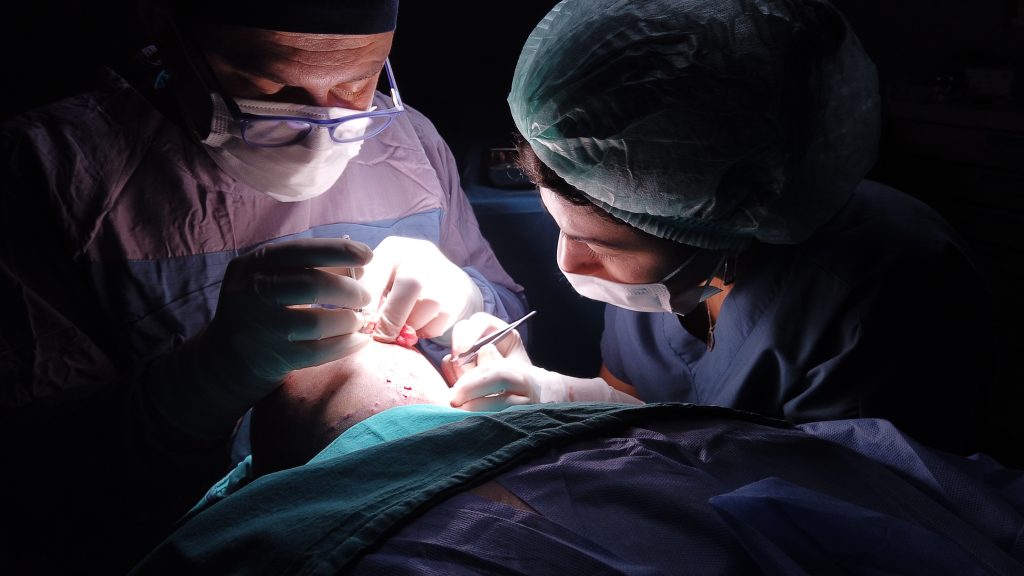
Manual Extraction
Manual extraction is the process of extracting the follicles from the donor area using a manual punch instead of the micromotor. It is possible to extract up to 2000-2500 follicular units in one day because it is a very rigorous and time-consuming job.
The rest of the operation is identical to that normally performed with the micromotor.
Its advantages are:
An almost non-existent trauma to the donor area, which heals in a few days, and gives an extremely natural appearance. The most important point for this manual extraction is that the damage to the grafts is non-existent, so there is no loss of grafts during regrowth.
Generally it is more appropriate to perform a hair transplant with manual extraction in the second or third session in order not to damage the donor area. Famous people often opt for this technique, which is more expensive but invisible in terms of traces on the donor area.
It is rare to find surgeons who can do this method, only those with a lot of experience can do it.
Our ESTETIVE clinic offers this exceptional method.
For more details on this technique, contact your medical coordinator.
Hair transplant planning with manual extraction:
First of all, it is decided on the number of follicular units needed to cover the affected area and the extraction is planned with the manual punch. Planning is very important, extraction and implantation must be performed quickly enough so that the grafts do not stay out of the scalp for long so as not to damage them.
Root extraction phase:
Local anesthesia is performed using the Dermojet (Comfort Inn). Once the application of local anesthesia is complete, the extraction process is initiated. The surgeon uses the manual punch to extract the grafts by rotating it around each hair follicle. The probability of graft damage is 1%
The dimensions of the manual punches used in the manual extraction process are:
08mmx04mm
08mmx03mm
09mmx03mm
09mmx04mm
For the rest of the procedure, the transplant method is identical to the other techniques,
